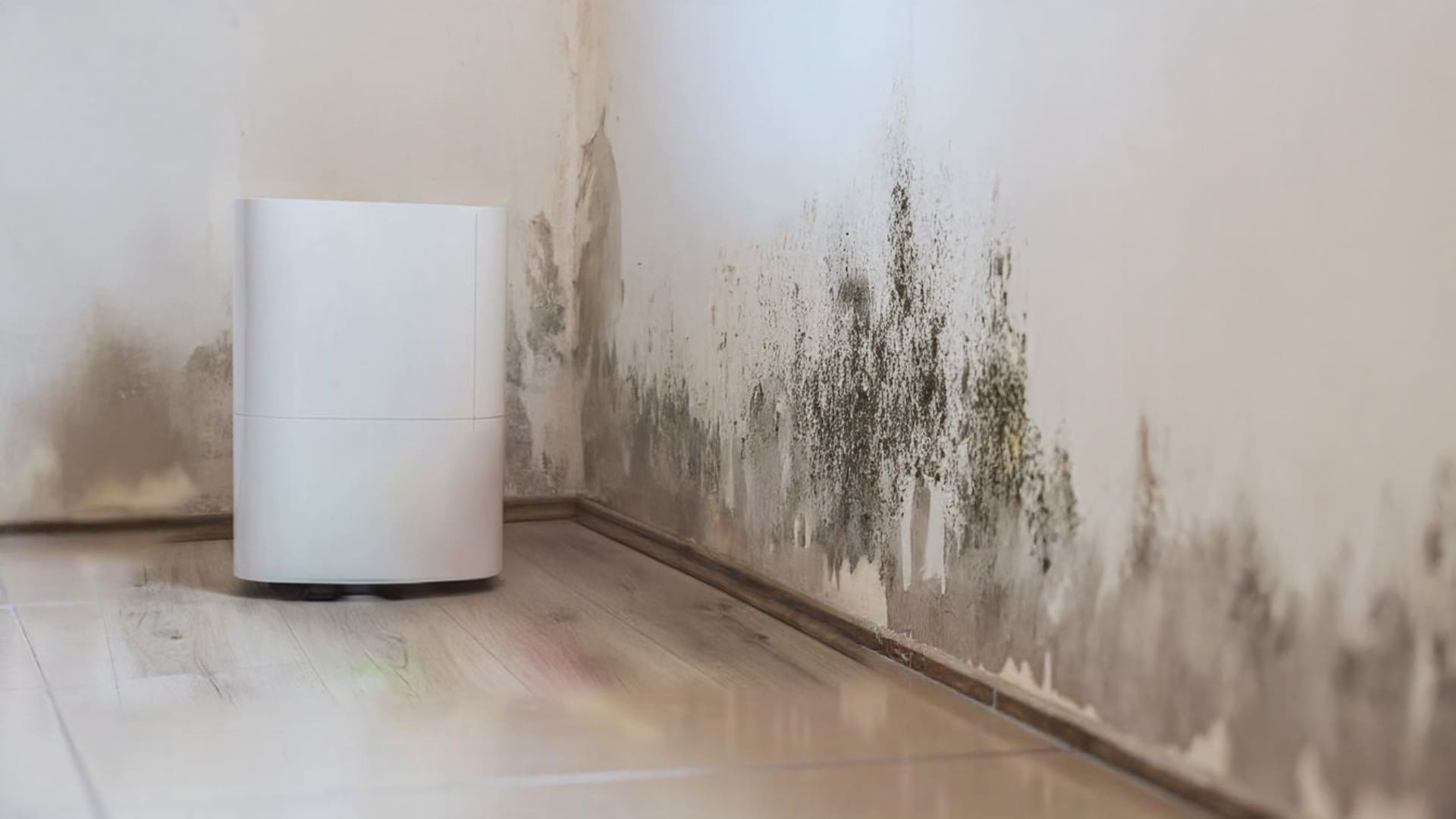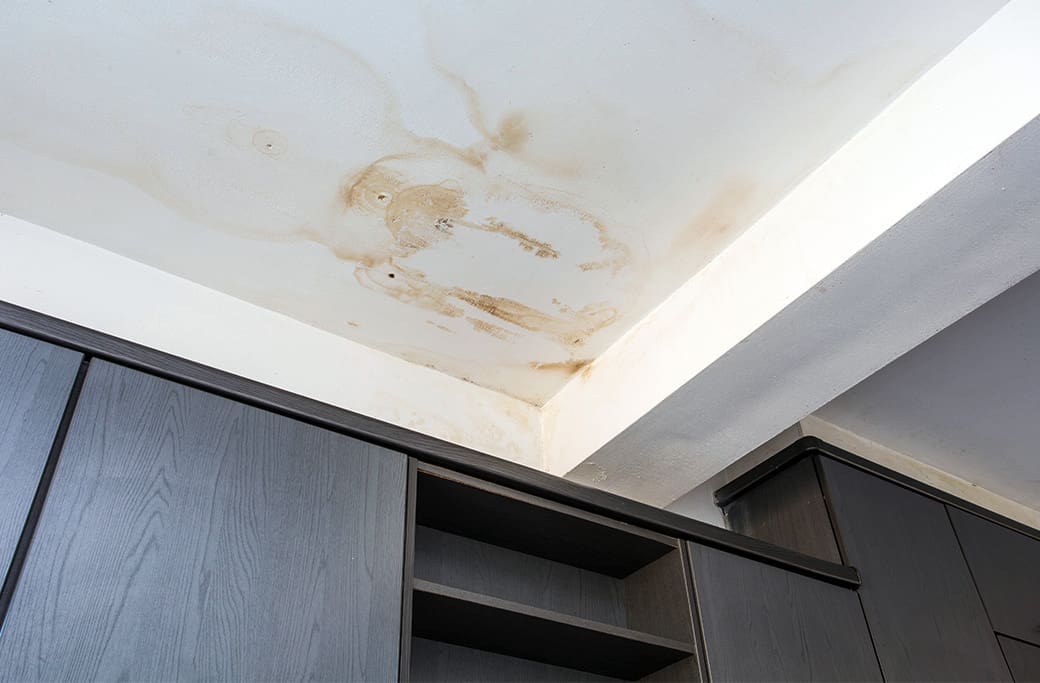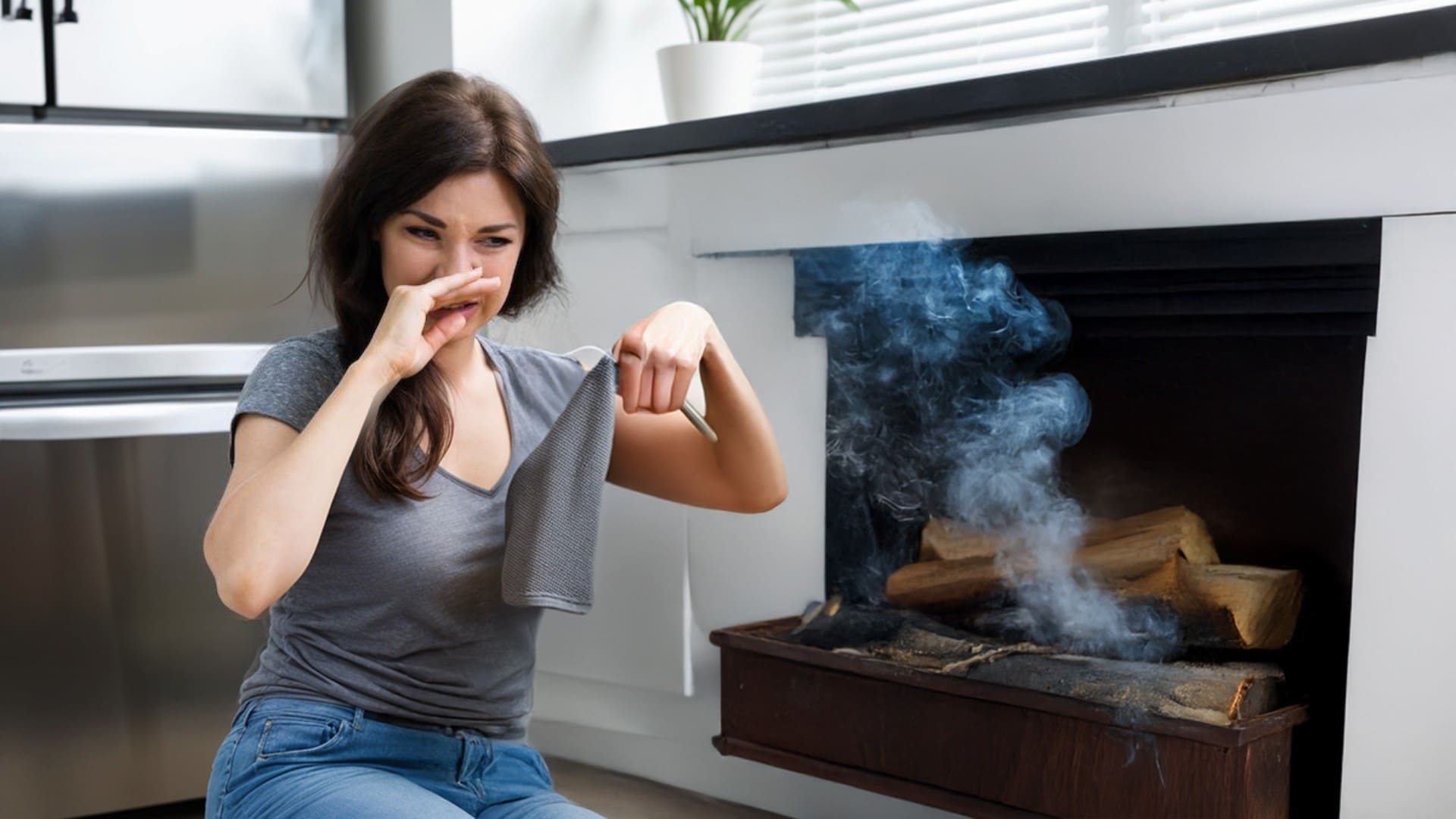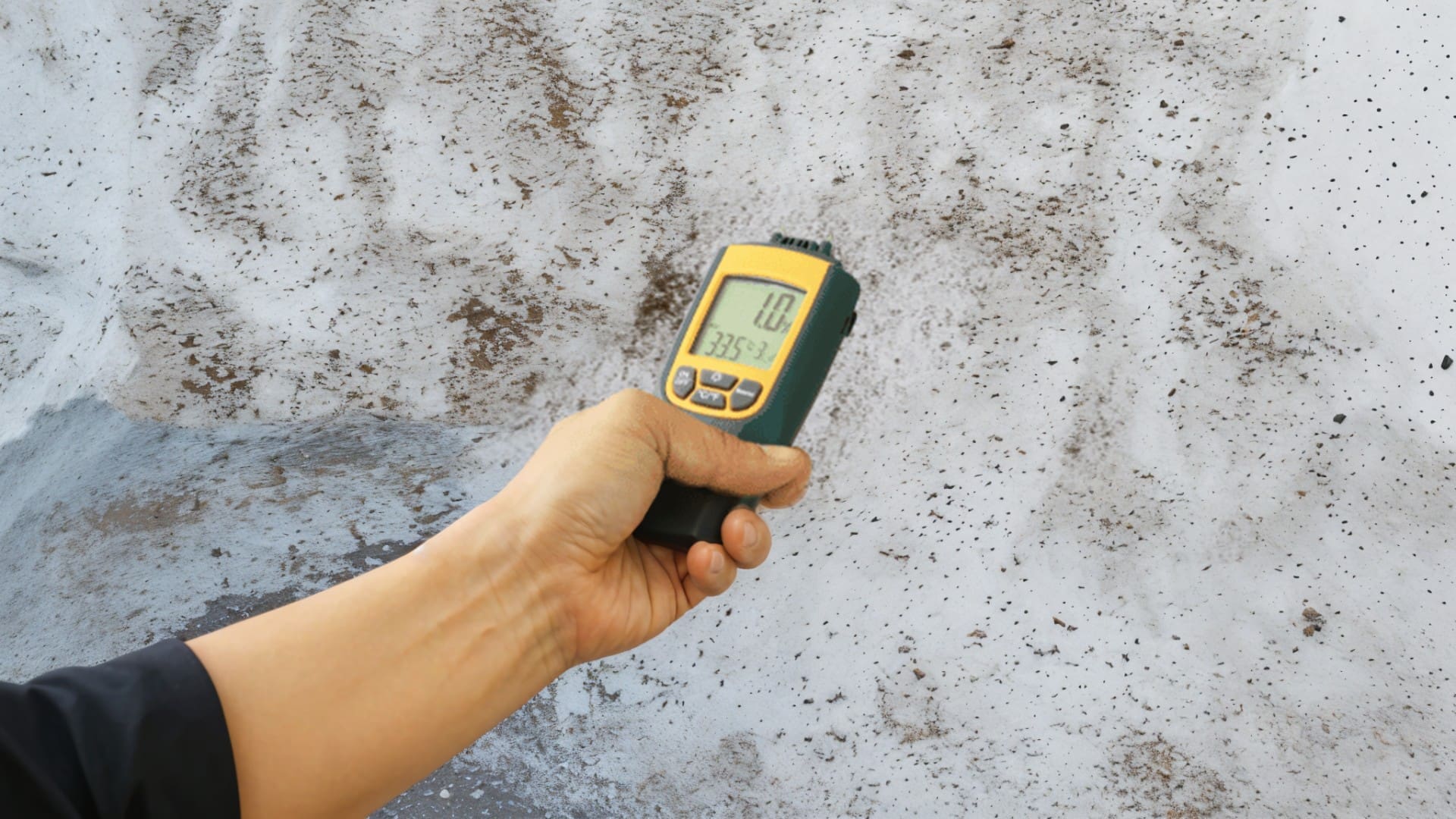
Mold is a persistent and often invisible threat that can compromise both the structural integrity of a home and the health of its occupants. Especially in regions with humid climates or homes that have experienced water damage, mold can quickly spread through hidden areas, releasing spores into the air. These spores can trigger allergies, respiratory issues, and other health complications. Given these dangers, homeowners often ask: Can an air purifier help with mold? The answer is yes—under the right conditions and when used as part of a comprehensive mold prevention strategy. This blog explores how air purifiers work in relation to mold, their limitations, and how professional services like STOP Restoration Winston Salem can offer the complete solution.
Understanding Mold and Its Impact
Mold is a type of fungus that thrives in moist, warm environments. Once it takes root, it reproduces by releasing microscopic spores into the air. These spores are resilient and can remain airborne for extended periods, settling on surfaces and initiating new mold colonies when the conditions are right.
Exposure to mold spores can cause a variety of health issues, particularly in sensitive individuals such as children, the elderly, and those with asthma or compromised immune systems. Symptoms often include sneezing, coughing, itchy eyes, skin irritation, and in more severe cases, chronic sinus infections and respiratory problems.
How Air Purifiers Work Against Mold
Air purifiers are devices designed to remove pollutants from the air, including dust, allergens, pet dander, and, importantly, mold spores. However, not all air purifiers are equally effective when it comes to mold.
1. HEPA Filters
High-Efficiency Particulate Air (HEPA) filters are the gold standard in air purification. They are capable of capturing particles as small as 0.3 microns with 99.97% efficiency. Since mold spores typically range from 1 to 30 microns in size, HEPA filters are highly effective at trapping them from the air.
2. Activated Carbon Filters
While HEPA filters capture the spores, activated carbon filters absorb volatile organic compounds (VOCs) and musty odors often associated with mold. This helps in reducing the unpleasant smell caused by mold infestation.
3. UV-C Light Technology
Some advanced air purifiers include ultraviolet (UV-C) light features that claim to destroy mold spores by disrupting their DNA. While UV-C can be effective, it requires the spores to be exposed to the light for a sufficient amount of time—something that doesn’t always happen during the quick pass through a purifier.
4. Ionic Air Purifiers
These devices release charged ions that attach to mold spores and other particles, causing them to settle on surfaces or be captured in filters. While they can reduce airborne mold, they may also produce ozone, which can be harmful in high concentrations.
Limitations of Air Purifiers in Mold Control
While air purifiers are helpful, they should not be viewed as a standalone solution for mold problems. Here’s why:
- They Don’t Remove Mold at the Source: Air purifiers trap spores in the air, but they don’t eliminate mold colonies growing on walls, carpets, or in HVAC systems.
- Limited Room Coverage: Most air purifiers are designed for individual rooms. Mold in hidden areas or large buildings may go unaffected if not directly within the purifier’s effective range.
- Mold Needs Moisture to Thrive: If the underlying moisture problem isn’t addressed, mold will continue to grow and spread, releasing new spores into the air.
The Comprehensive Solution: STOP Restoration Winston Salem
For effective, long-term mold remediation, professional intervention is essential. STOP Restoration Winston Salem stands out as a premier restoration company with expertise in mold inspection, removal, and prevention.
Why Choose STOP Restoration?
- Certified Mold Specialists: Their technicians are trained in the latest industry standards and use advanced tools to detect and eliminate mold—even in hard-to-reach areas.
- Moisture Management: They identify and resolve the root causes of moisture, such as leaks or poor ventilation, to ensure that mold doesn’t return.
- Safe and Thorough Removal: STOP Restoration employs proven techniques to safely remove mold from affected surfaces while minimizing disruption to your home or business.
- Restoration Services: Beyond removal, they offer complete restoration—rebuilding and repairing any damage caused by mold, ensuring your home is both safe and fully restored.
Best Practices for Mold Prevention
While air purifiers can play a supporting role, combining them with good home maintenance practices is key:
- Control Indoor Humidity: Keep humidity levels below 60%, ideally between 30–50%, using dehumidifiers if needed.
- Fix Leaks Promptly: Whether it’s a leaking roof, pipe, or window, moisture accumulation is the biggest trigger for mold.
- Improve Ventilation: Use exhaust fans in bathrooms and kitchens, and ensure your HVAC system is regularly maintained.
- Use Mold-Resistant Products: When building or renovating, opt for mold-resistant drywall, paint, and insulation.
Final Thoughts
Air purifiers are a valuable tool in the fight against mold, especially when equipped with HEPA and activated carbon filters. They can significantly reduce the concentration of airborne mold spores and improve indoor air quality. However, they cannot replace the need for professional remediation when a mold problem is already present.
For homeowners in the Winston Salem area facing mold issues or seeking expert advice, STOP Restoration Winston Salem offers the trusted experience and comprehensive solutions needed to keep your home safe and healthy.
If you’re concerned about mold in your property, don’t wait—contact STOP Restoration Winston Salem today and breathe easier knowing your home is in expert hands.
FAQ
1. Can an air purifier actually kill mold?
Answer:
Air purifiers cannot kill mold at the source. However, models with HEPA filters can capture airborne mold spores effectively, and those with UV-C light may deactivate spores that pass through. But they do not remove mold growing on surfaces—professional remediation is required for that. Contacting a certified team like STOP Restoration Winston Salem ensures complete mold elimination and prevention.
2. What kind of air purifier is best for mold?
Answer:
Look for air purifiers that feature:
- True HEPA filters (for spore capture),
- Activated carbon filters (for odor and VOCs),
- Optional UV-C or PCO technology (for added disinfection).
These combined technologies offer the best chance of reducing mold spores from the air.
3. Can air purifiers prevent mold growth in the home?
Answer:
Air purifiers can help reduce the number of airborne spores, which may limit how fast mold spreads, but they cannot stop mold growth caused by moisture or leaks. For true prevention, moisture control is key. STOP Restoration Winston Salem can inspect your property and fix underlying issues before mold becomes a problem.
4. Do I still need mold remediation if I use an air purifier?
Answer:
Yes. Air purifiers help with airborne particles but won’t eliminate mold already growing on walls, ceilings, or hidden areas. Professional mold remediation from STOP Restoration Winston Salem is essential to remove existing mold and prevent recurrence.
5. How do I know if I have mold in my home?
Answer:
Signs of mold include:
- A musty odor,
- Visible discoloration on walls or ceilings,
- Increased allergy or respiratory symptoms indoors.
If you’re unsure, STOP Restoration Winston Salem offers thorough mold inspections to confirm and address the issue quickly.
6. Are mold spores dangerous to breathe in?
Answer:
Yes. Mold spores can trigger allergic reactions, asthma attacks, and other respiratory issues, especially in children, the elderly, and immunocompromised individuals. That’s why using an air purifier and scheduling professional mold removal is crucial for your family’s health.
7. Can I use an air purifier instead of fixing a moisture problem?
Answer:
Absolutely not. Moisture is the root cause of mold. Air purifiers can only deal with symptoms, not the cause. A leaky pipe or high humidity must be addressed by professionals. STOP Restoration Winston Salem specializes in moisture source identification and structural drying to stop mold at its source.
8. Where should I place an air purifier to control mold?
Answer:
Place the air purifier in:
- Rooms where mold has been a problem,
- Damp or poorly ventilated areas like basements or bathrooms,
- Or living spaces where you spend the most time.
For whole-home solutions, consider multiple units or a HVAC-integrated air purification system.
9. How often should I replace the filters in my air purifier?
Answer:
- HEPA filters: Every 6–12 months
- Carbon filters: Every 3–6 months
- UV bulbs (if applicable): Every 12 months
Check your device’s user manual for specifics. Dirty filters are ineffective and may worsen air quality.
10. What sets STOP Restoration Winston Salem apart for mold issues?
Answer:
STOP Restoration Winston Salem is a trusted leader in mold remediation, offering:
- Certified technicians,
- Advanced mold detection tools,
- Complete restoration services after removal
- Moisture control strategies to prevent recurrence.
They don’t just treat the symptoms—they fix the root problem and restore your peace of mind.




